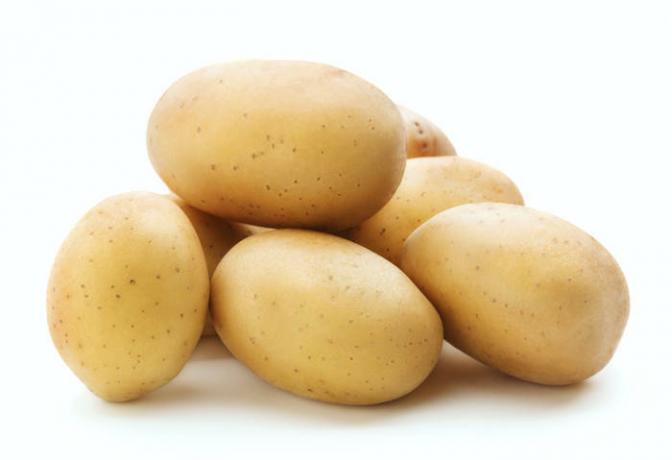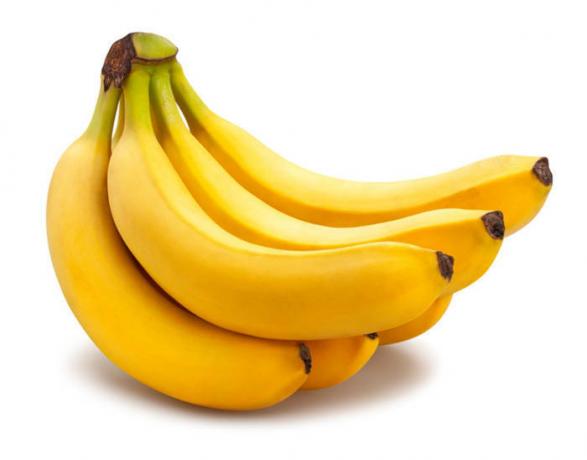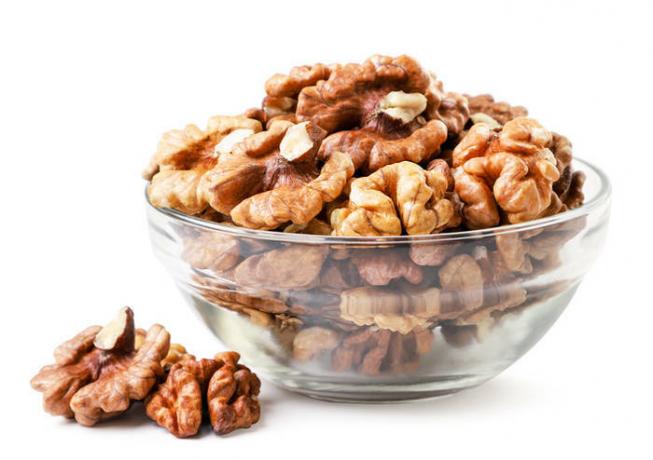Which common foods thicken the blood and increase the risk of thrombosis? Be careful: you use some of them every day.
One of the main indicators of blood quality is viscosity. It promotes wound healing and protects us from severe blood loss during injuries and surgical interventions. However, too thick and viscous blood can cause problems. It passes through the vessels worse, which increases the risk of cardiovascular diseases, and also increases the likelihood of microthrombus formation. This is especially true against the background of the coronavirus, which in itself promotes thrombosis. Therefore, it is very important to monitor the density of blood.
The main cause of increased blood viscosity is fluid deficiency. When there is not enough of it, the body takes the necessary moisture from the blood. But besides this, some food products can thicken the blood. Moreover, many of them are considered very useful and are on our table almost every day. We are not calling for them to be completely eliminated from the diet, but it is worth reducing their intake if you have a predisposition to thrombosis, varicose veins, or pressure problems.
Offal

Byproducts increase blood platelets / istockphoto.com
The liver, heart and kidneys contain a lot of nutrients. It is a storehouse of B vitamins, phosphorus and iron. Therefore, food based on liver is often prescribed for people with various types of anemia and for prevention of iron deficiency. However, regular consumption of by-products increases not only hemoglobin, but also the level of platelets in the blood. With a tendency to thrombosis, this greatly increases the risk of vascular blockage.
Potato

Potato starch raises blood sugar / istockphoto.com
Many Ukrainians eat this popular product every day: in soups, mashed potatoes, fried or baked in the oven. Potatoes have a number of useful properties: they are rich in vegetable protein and vitamin C, potassium, magnesium, phosphorus and zinc. However, it also contains a substance that is harmful to the hematopoietic system - this is starch. It quickly breaks down into simple carbohydrates, raises blood sugar levels, and thus contributes to its thickening. Especially dangerous is the regular use of potatoes fried in vegetable oil or animal fat: such a dish contains a lot of cholesterol, which is deposited on the walls of blood vessels and prevents the free flow of blood.
Bananas

Bananas are high in potassium and simple sugars / istockphoto.com
With the arrival of winter, bananas are becoming one of the most popular fruits among our fellow citizens. Indeed, they are not only useful, but also affordable. However, eating them every day is very undesirable: bananas contain a lot of potassium, which improves blood clotting. By itself, this trace element is not dangerous for the body: in order to seriously thicken the blood, potassium must be taken in large doses. But along with potassium, bananas also contain a lot of simple sugars, which increase blood glucose levels and also contribute to its thickening. In such a combination, this tropical fruit can be dangerous to health: bananas are not recommended for hypertension, varicose veins, thrombophlebitis, heart attack or stroke.
Walnuts

Large quantities of walnuts will do more harm / istockphoto.com
Walnut is called the king of all nuts for a reason. It contains the whole spectrum of vitamins for beauty and mind. A small handful of walnuts (only 30 g) can replenish for the body daily allowance of omega-3 and Omega-6. In addition, they contain iron, zinc and iodine, which are necessary for the proper functioning of the thyroid gland. However, walnuts contain a lot of tannins that can affect blood density. Therefore, you cannot get carried away with this product: the maximum from which you get more benefit than harm is 3-4 nuts a day.
Parsley

Vitamin K in parsley increases blood clotting / istockphoto.com
The benefits of parsley are undeniable: it contains a lot of vitamin A, B vitamins, potassium, calcium and phosphorus. However, in large quantities, these greens can be harmful to the hematopoietic system. Firstly, parsley has a pronounced diuretic effect, which can cause fluid deficiency in the body. And secondly, it contains a large amount of vitamin K. This vitamin promotes blood clotting (which is why parsley decoction is so effective, for example, for bleeding gums), so people with varicose veins, hypertension and a predisposition to blood clots should replace parsley in their daily diet with any other greens.
You will also be interested in reading:
Top 10 foods that should never be eaten on an empty stomach
9 products that are banned around the world, but found on the shelves of our stores




